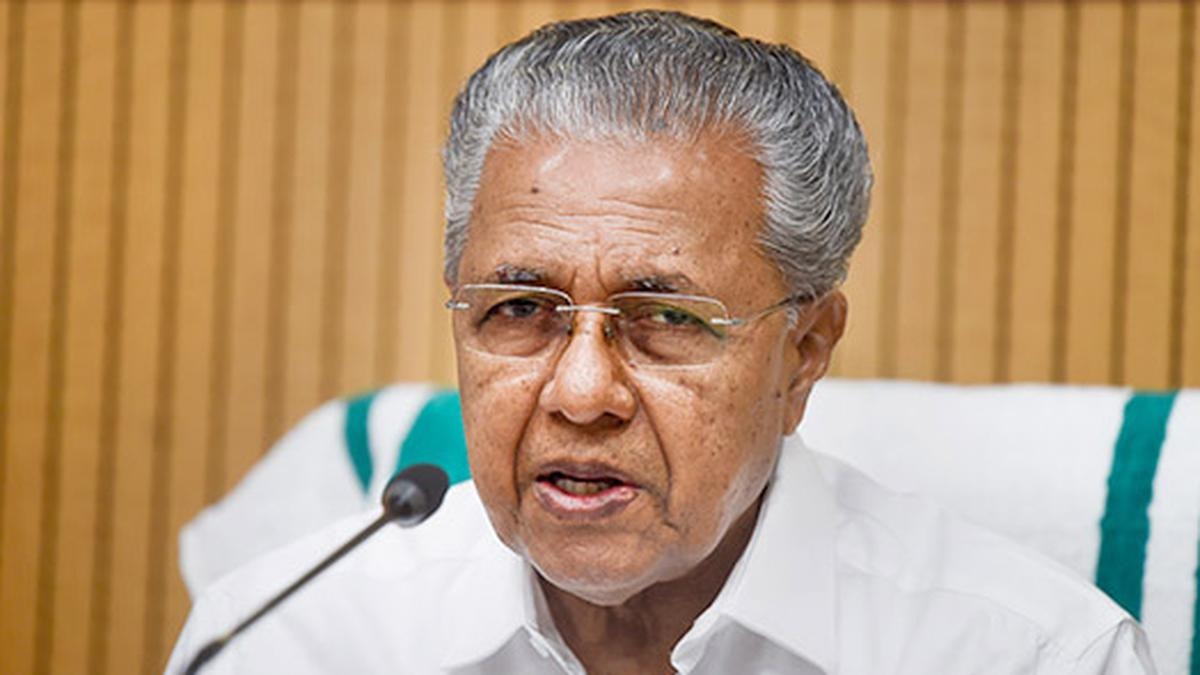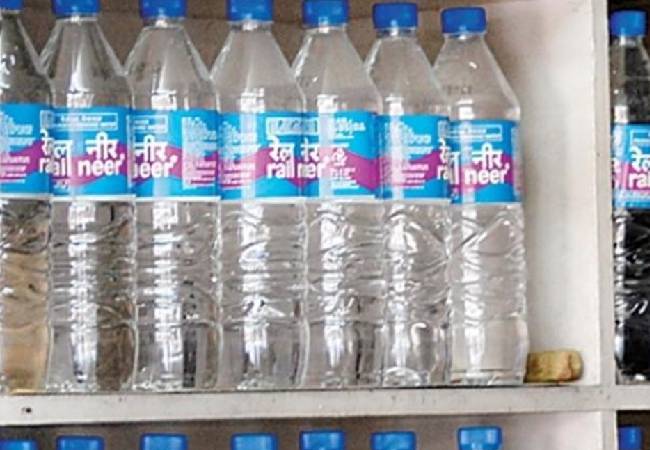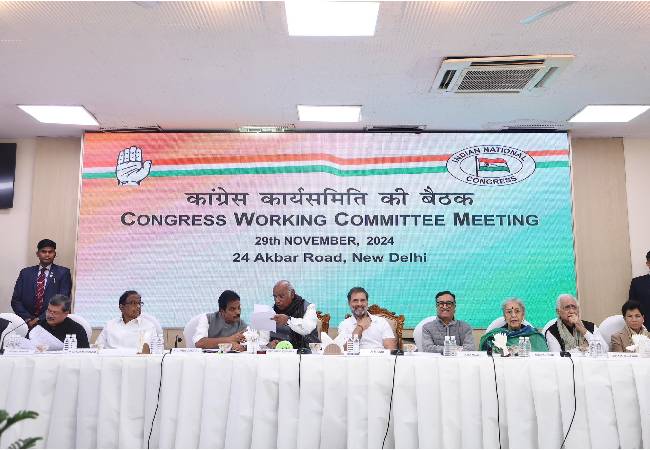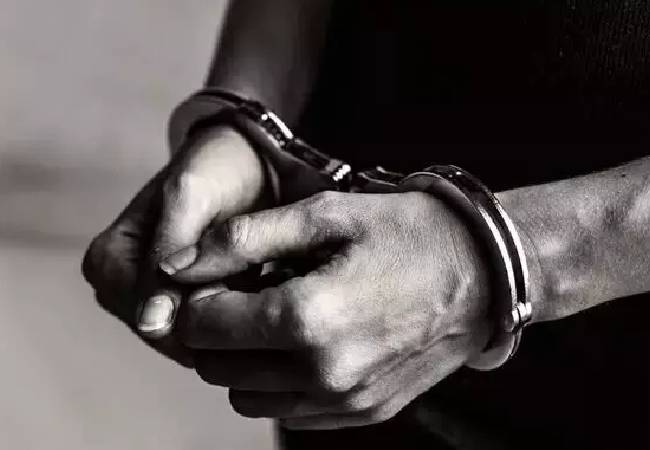Thiruvananthapuram (PTI): The Kerala government has sought a Rs 2,000 crore relief package from the Centre for the unprecedented devastation that occurred in Wayanad recently and is hopeful of getting "good assistance", Chief Minister Pinarayi Vijayan said here.
He also dismissed as "not pragmatic" the recommendations made by the Madhav Gadgil and Kasturirangan committees on ecologically sensitive areas of the Western Ghats, saying the panels did not consider the societal expectations and ground realities in his state.
Speaking to PTI this weekend during an interview on the Wayanad landslides, the chief minister said the state government has decided to construct new townships for the families of the victims and the survivors of the unprecedented devastation "within a year" and these dwellings would be "climate-resilient and sustainable".
Vijayan said the state sought a disaster relief package of about Rs 2,000 crore from the Centre when he recently met with Prime Minister Narendra Modi in Delhi.
The PM was "very positive" on the issue and the state was hopeful of getting "good assistance" from the Union government, he added.
The chief minister said the funds were expected to be released after a central team submitted a report to the Union government.
Vijayan added that categorising the Wayanad landslides as a "national or severe calamity" would enable all parliamentarians to donate Rs 1 crore each to the Kerala relief fund, otherwise only the local MPs will be able to do so.
"If this disaster is included in that (national or severe calamity) category, we will get good assistance. It will create a good atmosphere for reconstruction," he told the news agency.
The 79-year-old veteran Marxist politician said the July 30 disaster that wiped off large tracts of three villages -- Punchirimattam, Chooralmala and Mundakkai -- apart from some areas of Attamala in Wayanad has "shaken the lives of our people, leaving those affected with unimaginable trauma and concerns about their future".
"The recent landslide in Chooralmala village has caused unprecedented devastation. I would like to assure that our government's primary objective is to provide a comprehensive rehabilitation package to the survivors.
"We are committed to providing the best possible rehabilitation package to the survivors, in line with the Kerala model of development with its people-centric approach," he said.
Vijayan recently said during an all-party meeting that the Wayanad survivors would be housed in one or two townships which will have single-storey houses of about 1,000 square feet in size with the option to expand to two storeys in the future.
"Our priority is to ensure that families who lost their homes in the landslides have a safe and secure place to reside. The construction of the townships is expected to be completed within a year," he told PTI.
On the recommendations made by the Madhav Gadgil and Kasturirangan committees on handling the fragile and ecologically sensitive areas along the Western Ghats, Vijayan said these reports were "not fully accepted by the entities that commissioned them."
This highlights the fact, he said, that "much of the recommendations in these reports were not pragmatic and did not consider societal aspirations and ground realities".
"At least some parts of the reports did not consider humans dwelling in ecologically fragile zones for centuries as part of the ecosystem," the chief minister added. He also underlined that "small and marginal" farmers cannot be equated with rich realtors, planters or miners occupying similar terrains.
"There was no such differentiation in these reports, which is why many states were forced to completely disregard them," Vijayan said.
He added that it was also "not desirable" for his government to take a position in a "hasty manner" without "adequately" studying the draft Ecologically Sensitive Area (ESA) notification issued by the Centre recently.
The notification issued on July 31 seeks to declare over 56,800 square kilometres of the Western Ghats across six states, including 13 villages in Kerala's landslide-hit Wayanad, as an Ecologically Sensitive Area (ESA). It invited suggestions and objections within 60 days.
"We have to wait to hear from the local self-governments and eventually take an informed decision on it. This is going to affect the lives of millions...," Vijayan said.
Asked about the controversy that erupted after the Centre alleged that Kerala did not heed the alerts sent by it, he said while there was no time for these issues as their aim was to swiftly rehabilitate the affected, the "so-called alerts were generic, routine and carried no specifics regarding an event of such a magnitude".
He said the calamity was triggered by extremely heavy and continuous rainfall in two days.
"It is a fact on record that this was not foreseen by the early warning mechanisms of the government of India. Even a red alert was issued after the massive landslide," Vijayan said. He said the four settlements that were affected by the landslides had human inhabitation for two centuries.
"However, the landslide originated in a pristine forest. It is pertinent to note that there was no human settlement even remotely close to the point of origin," the chief minister asserted.
Vijayan said the proposed townships will "exemplify the best possible post-disaster rehabilitation plan in the country and these will be climate-resilient and sustainable".
The state has identified five parcels of land, each of about 50 hectares, for the township projects and the chief minister said they were investing "significantly" for this project, with support from businesses and philanthropic organisations.
As of now, a post-disaster needs assessment is ongoing in Wayanad. "This will give us more insights into the changes that we may have to bring about," Vijayan said.
Let the Truth be known. If you read VB and like VB, please be a VB Supporter and Help us deliver the Truth to one and all.
New Delhi (PTI): Approximately 13 lakh litres of packaged drinking water -- 'Rail Neer' -- are being supplied to train passengers across the railway network daily, the government informed the Lok Sabha in a written reply on Wednesday.
Apprising the Lower House about the Indian Railways' endeavour to provide safe and potable drinking water facilities at all stations, the government also provided zone-wise details of the water vending machines (WVMs) installed there.
"To ensure the quality of drinking water being made available at the railway stations, instructions exist for periodical checking and required corrective action to be taken.
"Regular inspection and maintenance of drinking water facilities is carried out and complaints are attended to promptly," Railway Minister Ashwini Vaishnaw said while responding to a question raised by BJP MP Anup Sanjay Dhotre seeking to know the supply of drinking water at railway stations across the country
"Complaints regarding deficiency in services, including water supply, are received through various channels such as public complaints, web portals, social media, etc. These complaints are received at various levels, including the Railway Board, zonal railways, division office, etc.," Vaishnaw said.
"The complaints so received are forwarded to the concerned wings of Railways and necessary action is taken to check and address them. As receipt of such complaints and action taken thereon is a continuous and dynamic process, a centralised compendium of these is not maintained," he added.
Providing zone-wise details of water vending machines, the minister said 954 such machines have been installed across railway stations.
"The Indian Railways also provides safe and affordable packaged drinking water bottles -- Rail Neer -- approved by the Bureau of Indian Standards (BIS) in trains and at stations," Vaishnaw said.
"Approximately, 13 lakh litres of Rail Neer are being supplied per day to the travelling passengers in trains and at stations across the Indian Railways network," he added.




